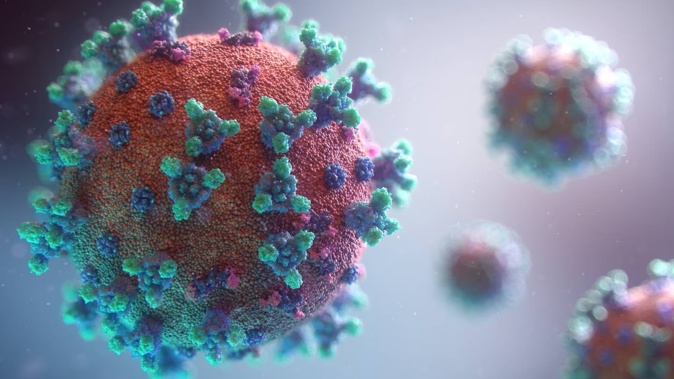
A new Covid sub-variant which has gained a foothold overseas is being closely watched in New Zealand.
The Arcturus sub-variant, also known as XBB1.16, has now been detected in 29 countries, including New Zealand.
The World Health Organisation (WHO) has designated it as a “variant under monitoring”, which means it could have a “growth advantage” over other sub-variants, though its exact impact on people who catch it is not yet clear.
It is driving a new surge of Covid cases in India at a time when positive cases are flat or falling in many countries.
Reports that it could cause a rare symptom in children - sticky or itchy eyes - were at this point speculative, experts said.
The Ministry of Health will release an update on Covid infections and variants this afternoon.
Genome sequencer Dr Jemma Geoghan said the Kraken sub-variant was still the most dominant in New Zealand, and a handful of Arcturus cases had been picked up in surveillance monitoring.
Some overseas studies had shown that Arcturus was more transmissible, she said.
“It’s important to know this is in laboratory settings and it will be important to see what will happen in the real world.
“It does seem to be spreading more rapidly than other variants right now in certain countries. But this often happens, a new sub-variant comes along, spreads quite rapidly and then peters out over time, ultimately to be replaced by another one.
“What will be important to know is if it really does change the disease, so if it makes it more severe. So far there is no data to show that it is more severe.”
Epidemiologist Professor Michael Baker said the sub-variant was not significantly different from previous ones.
“There will be some speculation that it might have a different mix of symptoms or it might be slightly more harmful but I think you have to be very wary about speculating … unless you have a lot of data.
“At the moment, it is not a game-changer - that would be my impression.”
Baker said the new sub-variant re-emphasised that Covid-19 continued to evolve, with new sub-variants “out-competing” previous ones.
“And a lot of that is by being slightly novel and by evading our existing immunity.”
This is what made Covid different from other diseases like the flu, he said. Its changing nature meant people could be reinfected multiple times a year, while a person may get reinfected with flu once or twice a decade.
Baker said New Zealand was now witnessing its fourth Covid wave.
Case numbers were not spiking as in past surges, but that could be because of under-reporting of testing and positive cases.
Hospitalisations were a more reliable guide, Baker said, and showed a distinct rise in the number of people being admitted with Covid infection.
Take your Radio, Podcasts and Music with you









